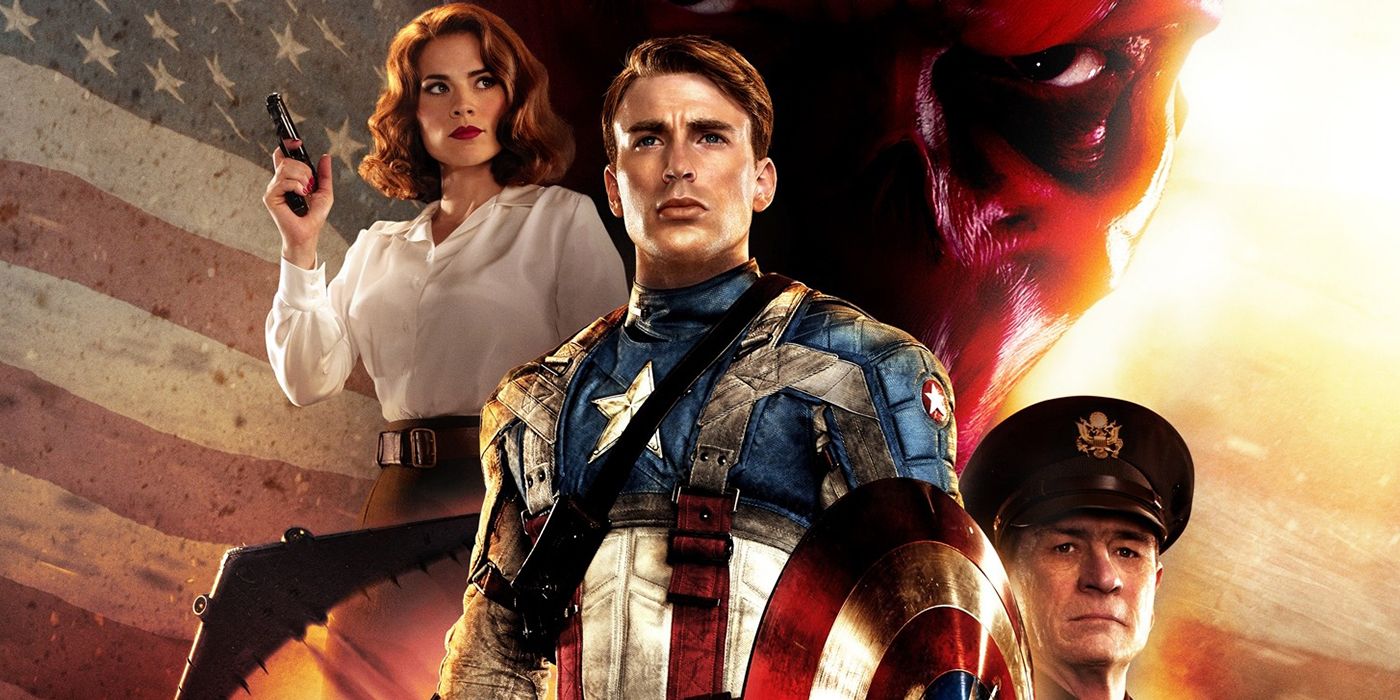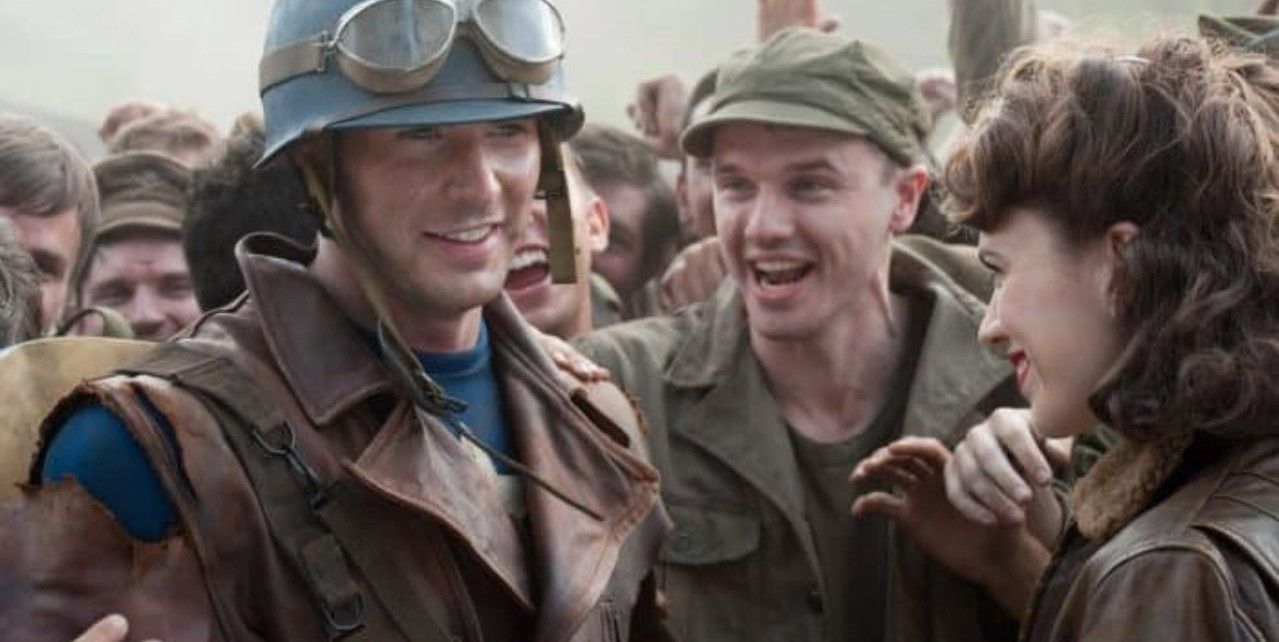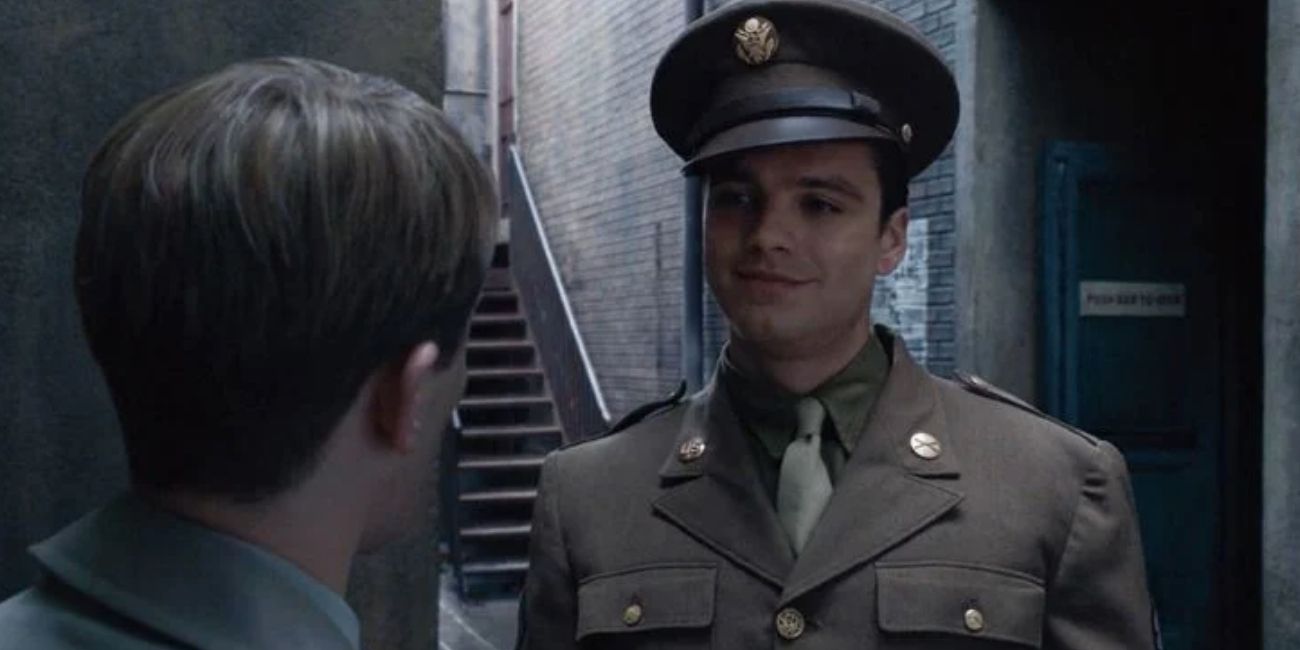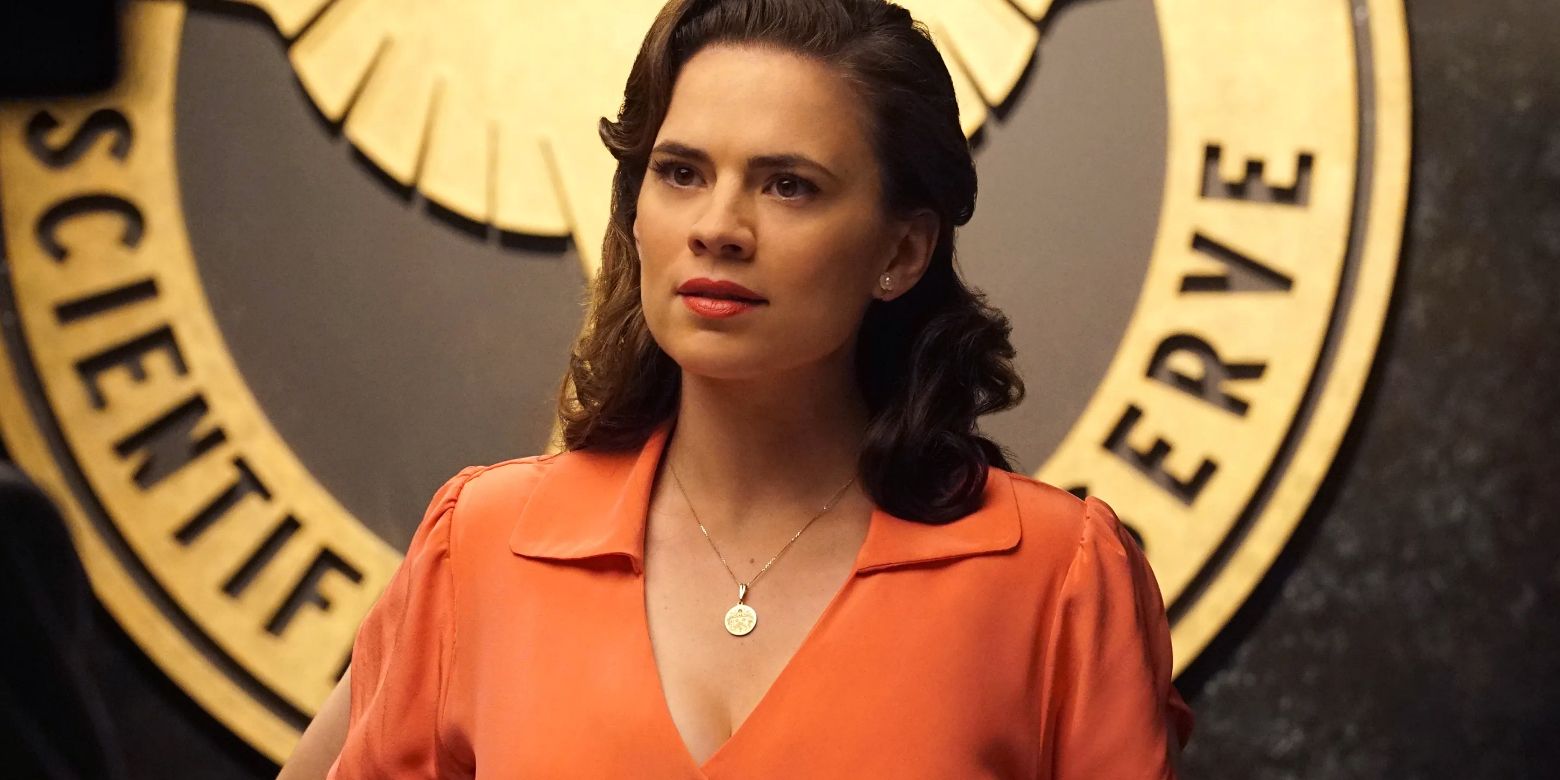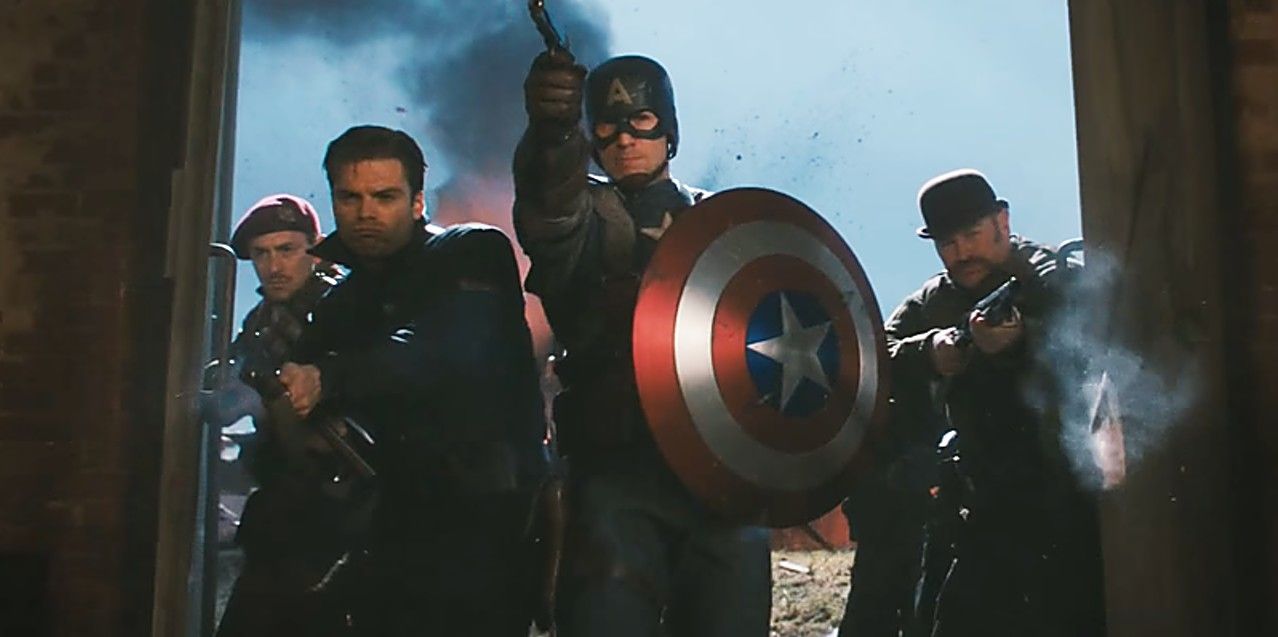Captain America: The First Avenger was released in theatres on July 22, 2011. That means that it has been ten years since the film was released. It's hard to believe that it has only been a decade since Steve Rogers was introduced to the Marvel Cinematic Universe.
Captain America: The First Avenger is generally considered the fifth film in the MCU, and was the last solo film before The Avengers. It introduced several characters who would soon be Marvel Universe regulars, including Chris Evans as Steve Rogers/Captain America, Sebastian Stan as James "Bucky" Barnes, Hayley Atwell as Agent Peggy Carter, and Dominic Cooper as Howard Stark. Hugo Weaving's Red Skull and Toby Jones' Dr. Zola would also reappear in the MCU after this film.
Captain America starred several other well-known names, including Tommy Lee Jones as Colonel Phillips and Stanley Tucci as Abraham Erskine. Steve's squad of commandoes was played by Neal McDonough, Derek Luke, Kenneth Choi, Bruno Ricci, and J.J. Field. Actresses Jenna Coleman and Natalie Dormer both make small appearances, and both are more recognizable in hindsight, due to their later roles in Doctor Who and Game of Thrones respectively.
The first period piece in the MCU, Captain America was directed by Joe Johnston, who had also directed films such as Jumanji and October Sky. The screenplay was written by Christopher Markus and Stephen McFeely. This writing team would go on to write several other projects in the MCU that featured characters introduced in this film, including Captain America: Winter Soldier, Captain America: Civil War, Avengers: Infinity War, Avengers: Endgame, and the television series Agent Carter.
Captain America holds up as a really solid origin story. It introduces a lot of key elements and character traits that would continue to define Steve Rogers as a character going forward in the MCU. He is determined and does not give up, he's brave, he's kind, he's stubborn, he's smart and tactical, he's an artist, and he always wants to help. This is the movie that establishes, long before Civil War, that Steve cares about doing what he believes to be right over following the orders of authorities. Steve doesn't want to join the army or super-soldier program for the glory, or for the attention, or even to kill Nazis. "I don't want to kill anyone," he says, "I don't like bullies. I don't care where they're from."
The importance of Steve's friendship with Bucky is also established in this film, a friendship that would go forward to be a major aspect of both characters' arcs over the course of the MCU. Their bond is shown from the beginning, and Steve is willing to take risks to save Bucky. He is visibly distraught when he thinks Bucky fell to his death. Meanwhile, it is almost hard to watch how lighthearted and confident Bucky is in this film knowing what he goes through later in the MCU. His isolation when captured by enemies before Steve rescues him feels foreboding, warning of his capture by HYDRA and transformation into the Winter Soldier in later films.
Since the screenwriters also wrote Agent Carter, it makes sense that Agent Peggy Carter's characterization in that show is very consistent with her characterization here. She is cool, tough, smart, and no-nonsense, while also not afraid to show vulnerability and emotion. Her fighting style stands out even now from many other female characters in the MCU, leaning towards big swings, brute force, and maximum efficiency and effectiveness. She is also an excellent love interest for Steve, although whether there was enough between them to justify his return back to her in Avengers: Endgame remains arguable.
Captain America sets up several other story and plot elements that become important in later MCU projects. This is the movie that introduces the superhero serum and how it works. Erskine, who created the serum, tells Steve; "The serum amplifies everything that is inside, so good becomes great, bad becomes worse. This is why you were chosen. Because the strong man who has known power all his life may lose respect for that power, but a weak man knows the value of strength, and knows compassion." This thesis comes back in The Falcon and the Winter Soldier, when John Walker is thinking of taking the serum. When he does so, the second half of Erskine's statement comes true, as he becomes blind with the increased power.
The Falcon and the Winter Soldier references Captain America yet again with the story of Isaiah Bradley. When Steve discovers that several soldiers, including Bucky, are being held captive beyond enemy lines, he defies orders to go and save them. When he returns with the soldiers, he is deemed a hero. The Falcon and the Winter Soldier reveals that Isaiah did the exact same thing years later, but was punished for it instead of celebrated. This in no way diminishes what Steve does in Captain America, but rather highlights how racism impacted Isaiah's life in a way that Steve never experienced.
Stylistically, Captain America still stands out in the MCU. Its 1940s setting sets the film aside aesthetically. The filmmakers did an excellent job at capturing the essence of the era and of films of the era while staying relevant to modern audiences and to the superhero genre. The musical montage set to the original song "Star Spangled Man With A Plan" is especially effective, showing Steve performing all over America trying to get people to buy bonds to support the war. The montage includes clever nods to the comics while also referencing the propaganda and popular culture of the era.
While there are criticisms of the army as an institution, this could not be considered an anti-war or anti-army film. Steve defies orders, refuses to bend to expectations, and is irritated by his work promoting bonds, but in the end works with the army and wants to be part of the fight. His disillusionment with authority and with this kind of institution increases over the course of his time in the MCU, although it becomes directed more towards SHIELD, which does not yet exist in Captain America: The First Avenger.
Ten years later, Captain America: The First Avenger is still a great film and an enjoyable watch. More than that, it has proven itself to be important and relevant within the broader picture of the MCU. There are many indications that it will continue to be, even more than a decade on and after Steve Rogers has retired. It remains a classic and iconic Marvel movie.

